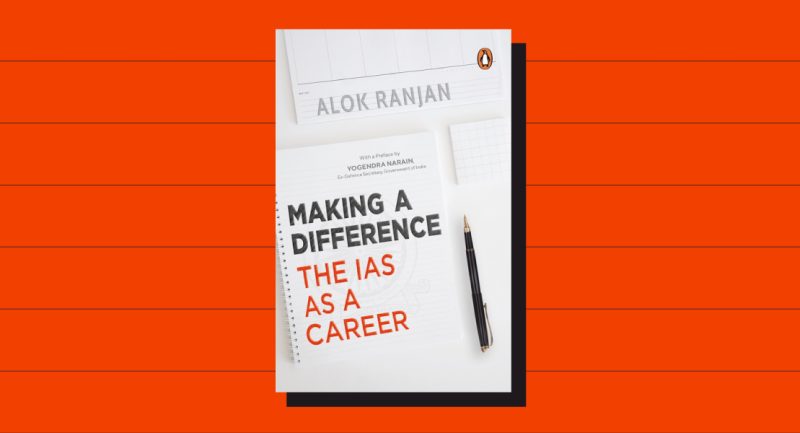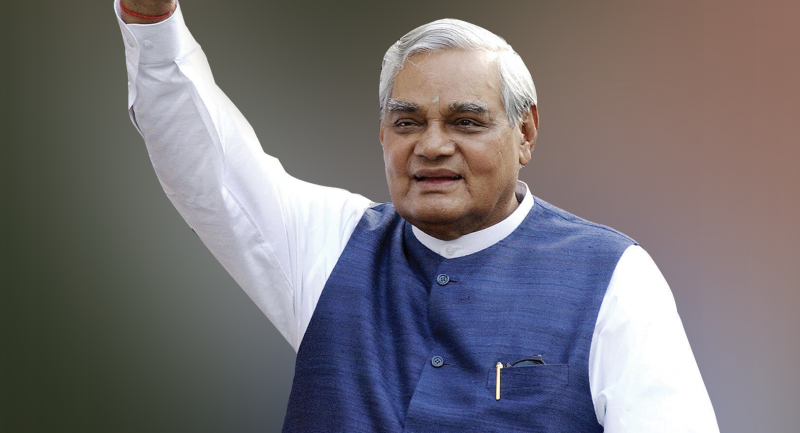
Bruce Rich is an author and lawyer who has worked with major US environmental groups as well as with international organizations over the past three and a half decades. His book, Ashoka in Our Time: The Question of Dharma for a Globalized World, offers a compelling critique of the forces of globalization that, while connecting the world in unprecedented ways, have deprived us of a unifying dharma. Rich looks for answers to contemporary issues in the paradoxes of Ashoka’s empire, as well as in the ideas of thinkers from across the ages.
Here’s an excerpt from the new preface of this exemplary book.
————————-
This book was first published in India in early 2008, months before the full magnitude of the global economic crisis became apparent. The severity and unexpectedness of the crisis only accentuated for more and more people the realization that a global economy requires a global ethic. A global order that one-sidedly prioritizes unbridled market forces over other social values has created a profoundly unstable world, a world where the viability of whole societies, nations and democracy itself can be put at risk. As economies slowly recovered and stabilized, the global and local structures of political economy reflecting this order have intensified economic inequality, social insecurity and the dissolution of traditional communities. The reaction in many societies worldwide has been a growing quest for identity, community and justice, an evolution that holds great promise but also great menace. Our world is nearing a juncture where every citizen may be faced with a choice between embracing a more pluralistic, open, ecumenical social and political ethic or a flight into reactionary nationalism, ethnic and religious fundamentalism, and a futile embrace of authoritarian pseudo-solutions.
In researching and writing this book over a decade ago, I sought to better understand the challenges facing our present age by examining the ethics and governance of one of India’s—and humanity’s— archetypal figures, Ashoka. The Maurya Empire of Ashoka’s epoch was a multi-ethnic realm with a multitude of differing religious and philosophical beliefs, including even in some cases sects espousing an agnostic or atheistic materialism. Ashoka’s ethic of Dharma embodied public values that would enable the inhabitants of what was then the world’s largest empire to live and prosper together in a time of social and economic change.
This book begins with what in 2008 was a timely vignette on the world geopolitical scene: a reference to the fundamentalist violence in Afghanistan and the violent reaction it provoked through the invasion by the US and allied troops, in poignant contrast to the peaceful, multicultural polity reflected in the Ashokan inscriptions one can still see in south-eastern Afghanistan. I never thought we would be witnessing an exacerbation of almost exactly the same situation in 2017, including a recent increase of US troops in Afghanistan to attempt to deal with similar threats. Over the past decade, ethnic and sectarian violence has proliferated, with destabilizing effects that ripple out across the globe. The conflict in Syria and the persecution of a Muslim minority in Myanmar—a country whose Buddhism long ago was inspired by Ashoka—are just two of the many symptoms of a humanity that is globalized and tearing itself apart at the same time.
Nor would I have imagined that in major countries all over the world we would witness a growing resurgence of nationalistic, xenophobic and, in some cases, outright neo-fascist political movements. This reaction to the social effects of one-sided economistic market fundamentalism was astutely examined by Karl Polanyi over seventy years ago.
The global environmental crisis has only accelerated as evidence of climate change is increasingly visible. Like the inequalities and imbalances in the global political economy, climate change also can only be addressed by concerted action that prompts changed economic priorities and values in every nation and community on the planet.
In short, what we witness around the world is a search for what might be called a unifying ideology of ‘dharma’. This is the dharma that Ashoka sought, a concept or construct of ethics, law and community which establishes guiding values for individuals and society.










